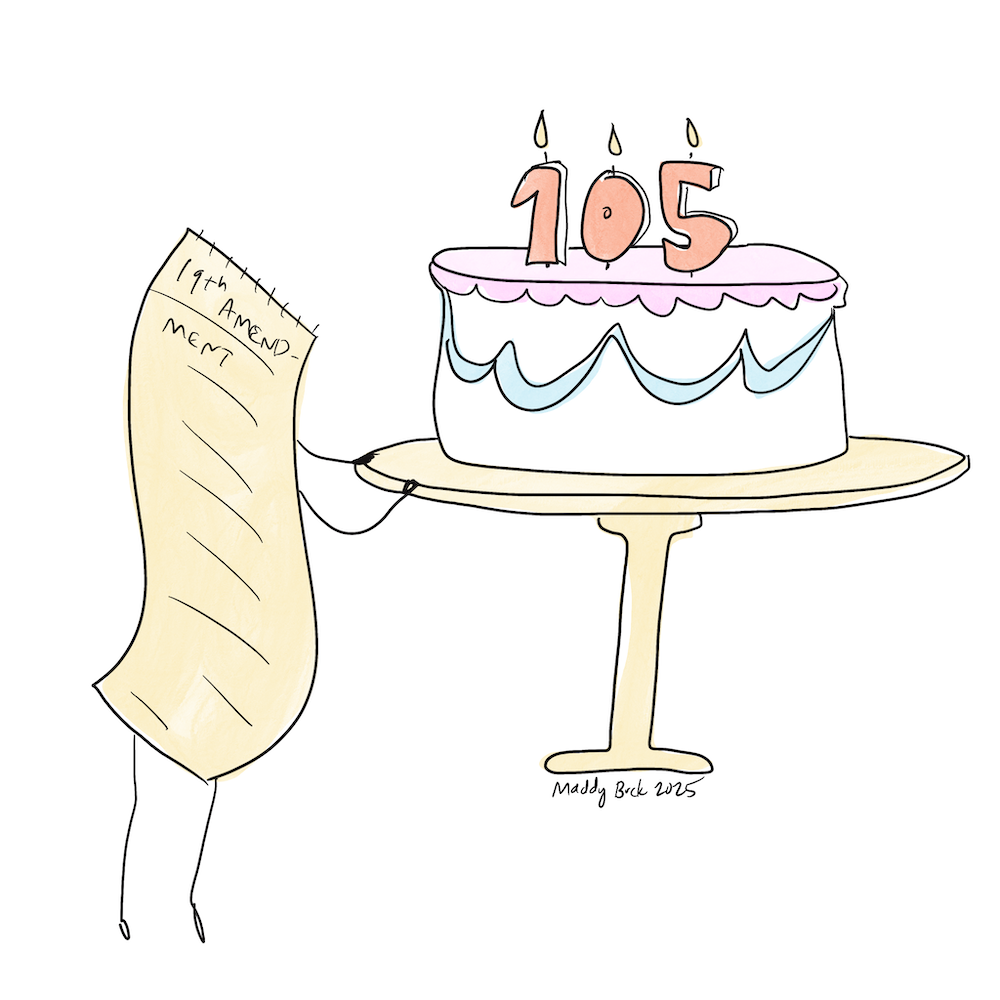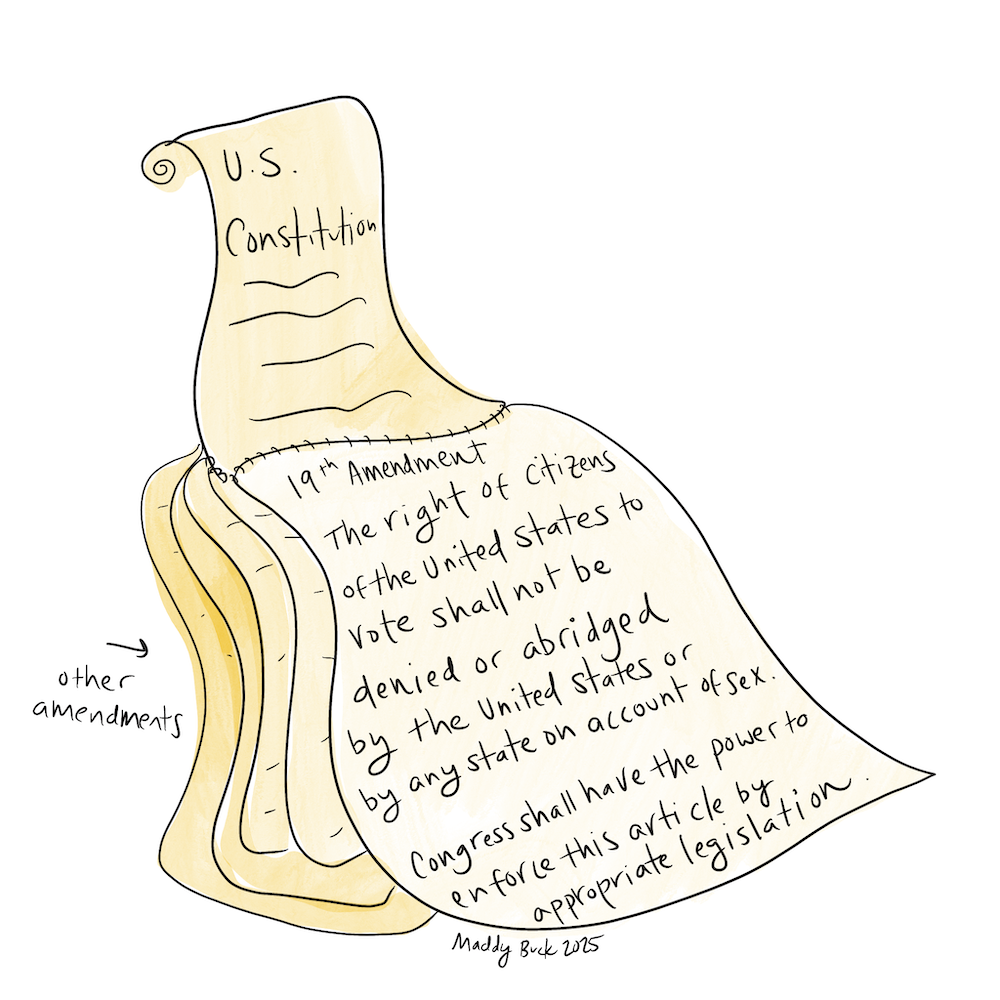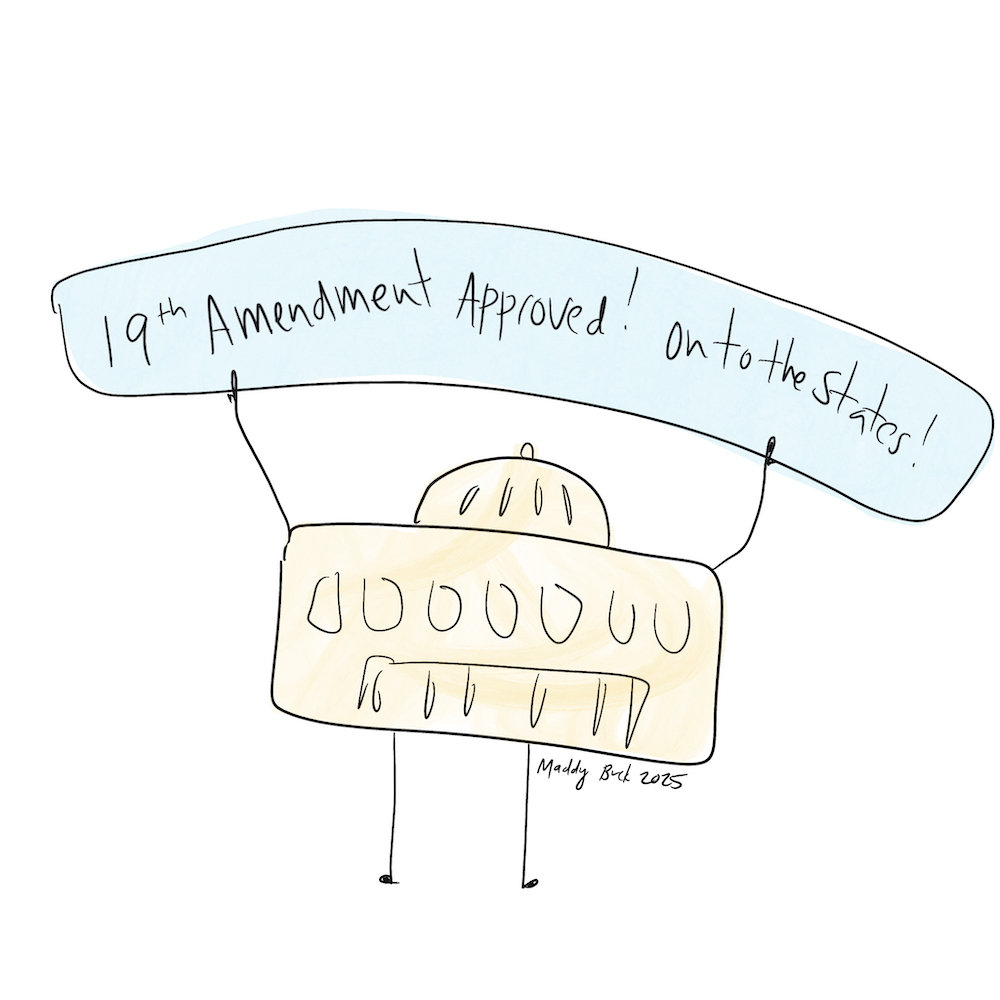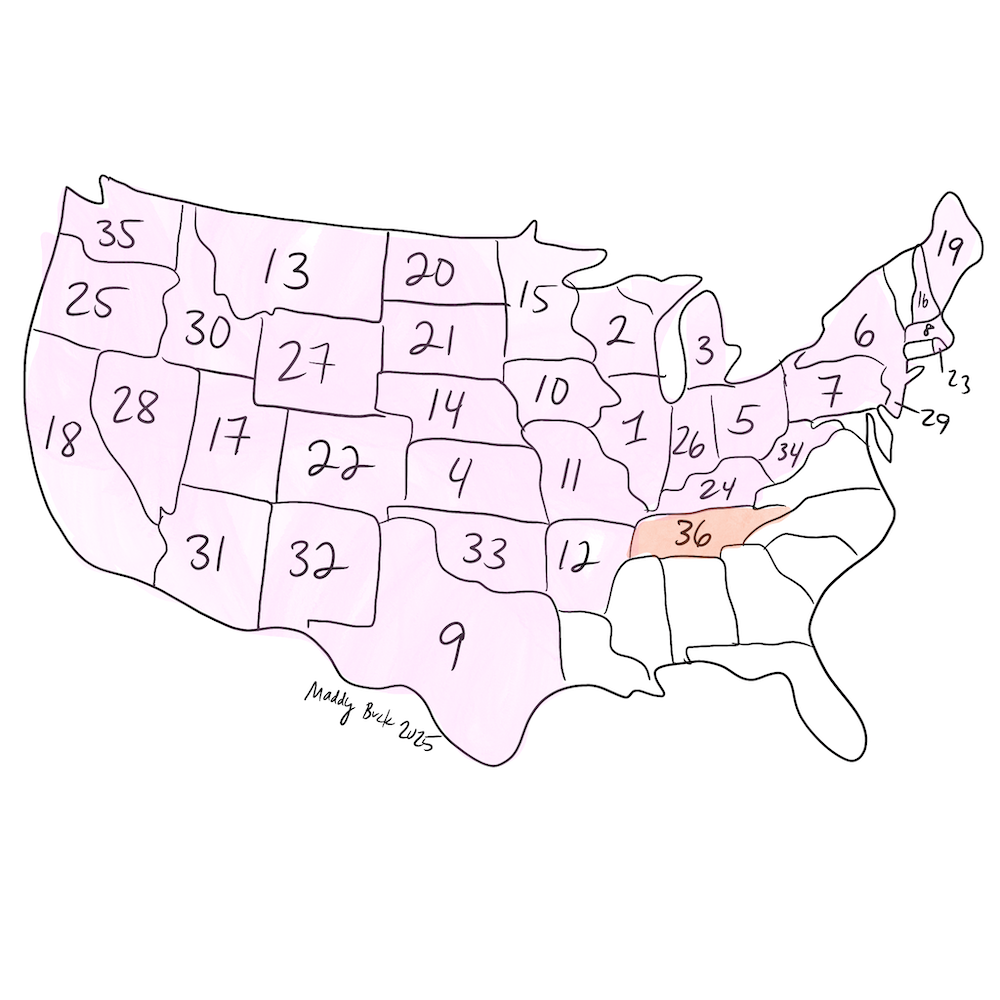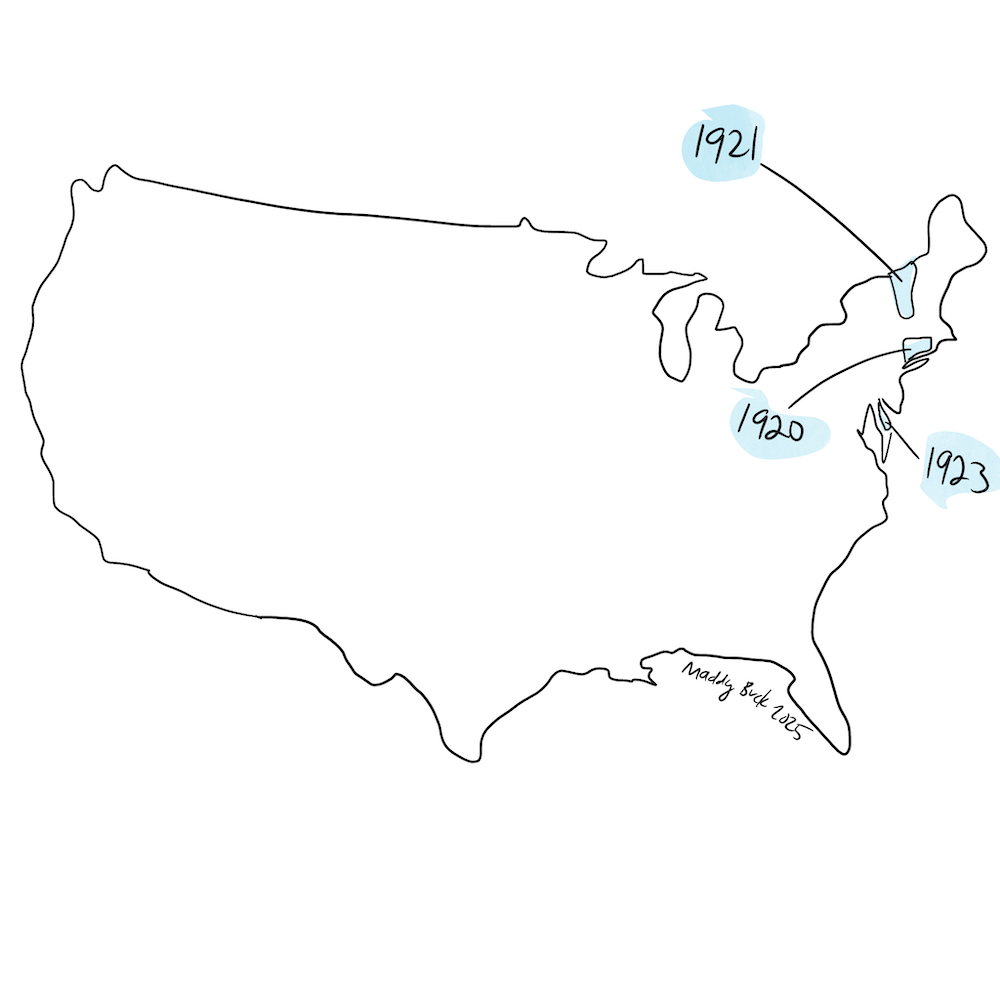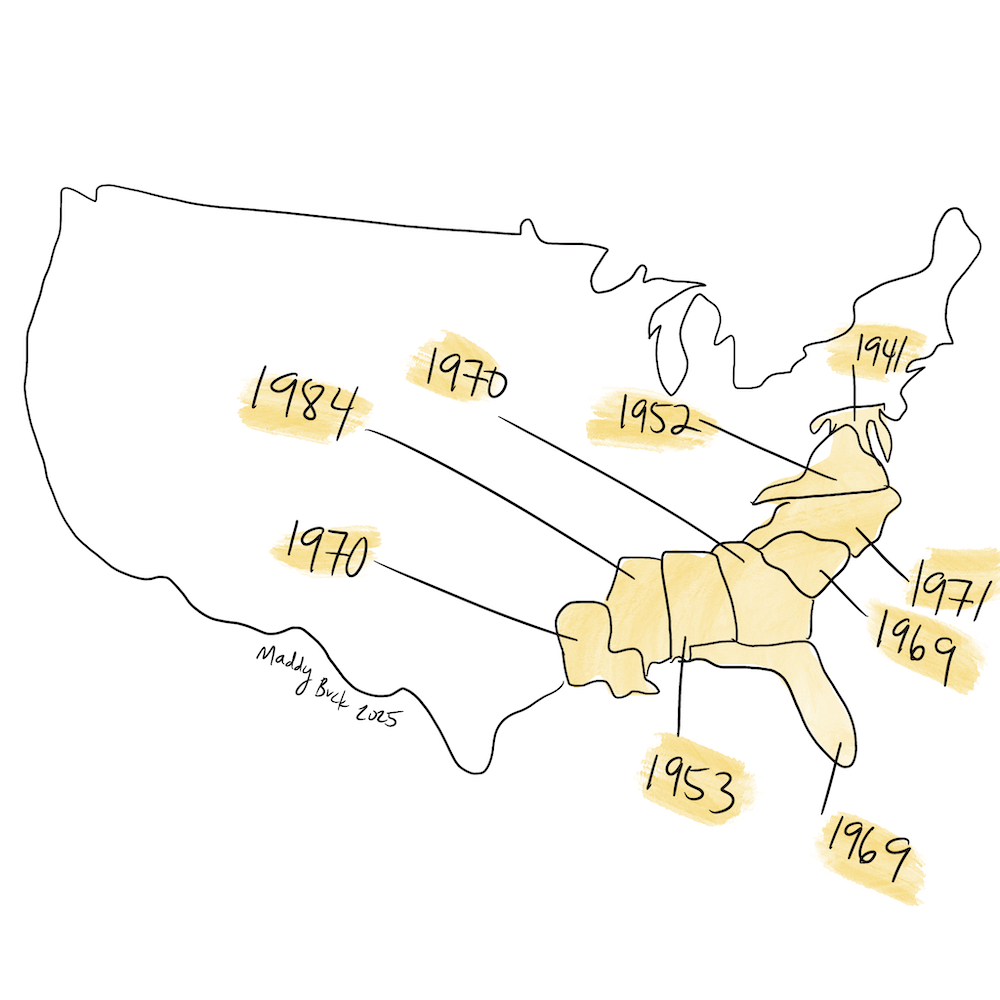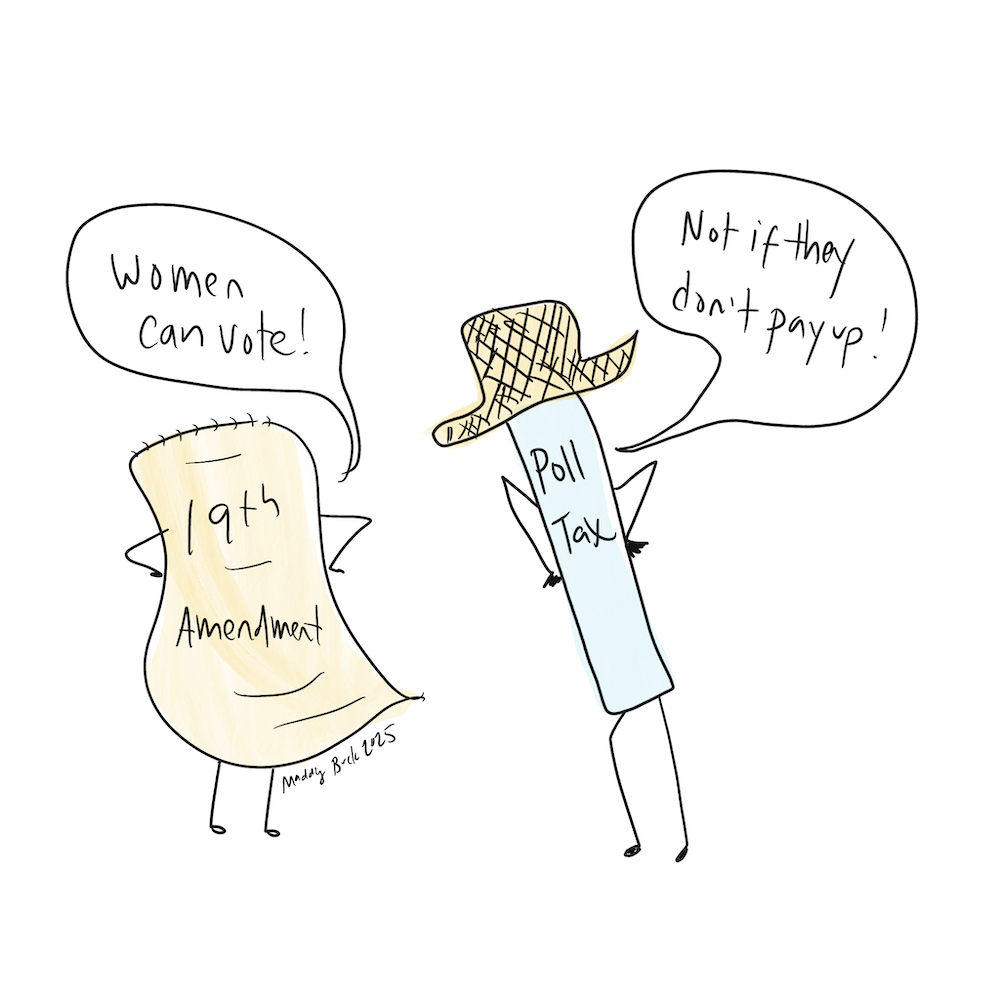Grateful for the 19th Amendment Turning 105
The 19th Amendment was certified 105 years ago this week.
It says:
Congress approved the Amendment on June 4, 1919, but then it had to be ratified by 36 of the 48 states.
Tennessee was the 36th state to ratify, on August 18, 1920. A few days later,¹ it was certified and made official.
A couple more states ratified in the next few years.
And, even though it already applied to them, it took nine more states 20+ years to ratify the amendment.
The 19th Amendment’s addition to our Constitution didn’t mean, in reality, that every woman in the U.S. got to vote from that moment on. Jim Crow laws, the Chinese Exclusion Act, and policies towards Native Americans prevented many women from voting for many years.
This is one of the challenges with laws. They can seem super straightforward on their face (“You can’t prevent women from voting!”), but some other law or legal interpretation (“It’s fiiiiine to charge poll taxes, even though that effectively prevents any woman who can’t pay from voting.”) can warp the result.
Usually this is intentional, though never the claimed reason. (They have to be able to hide behind some other reason.) Poll taxes aren’t legal anymore, but this kind of thing, in different forms, is still very much a challenge today.
I’m grateful for all the people who fought for the 19th Amendment, the legislators who voted for it, and the advocates who continue to work to make voting as accessible as possible!
Voting selfies + 1 voting grandma
I’m also grateful for all the times I’ve voted, for being able to help my grandma vote from home, and for all the times you’ve voted, too.
Thanks for being here and voting!
(Also, are people in other states as excited about the sticker you get after voting, or is that just us in Minnesota? (Or is it not even a Minnesota thing and it’s just me?))

